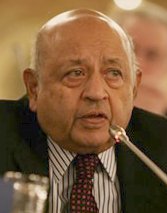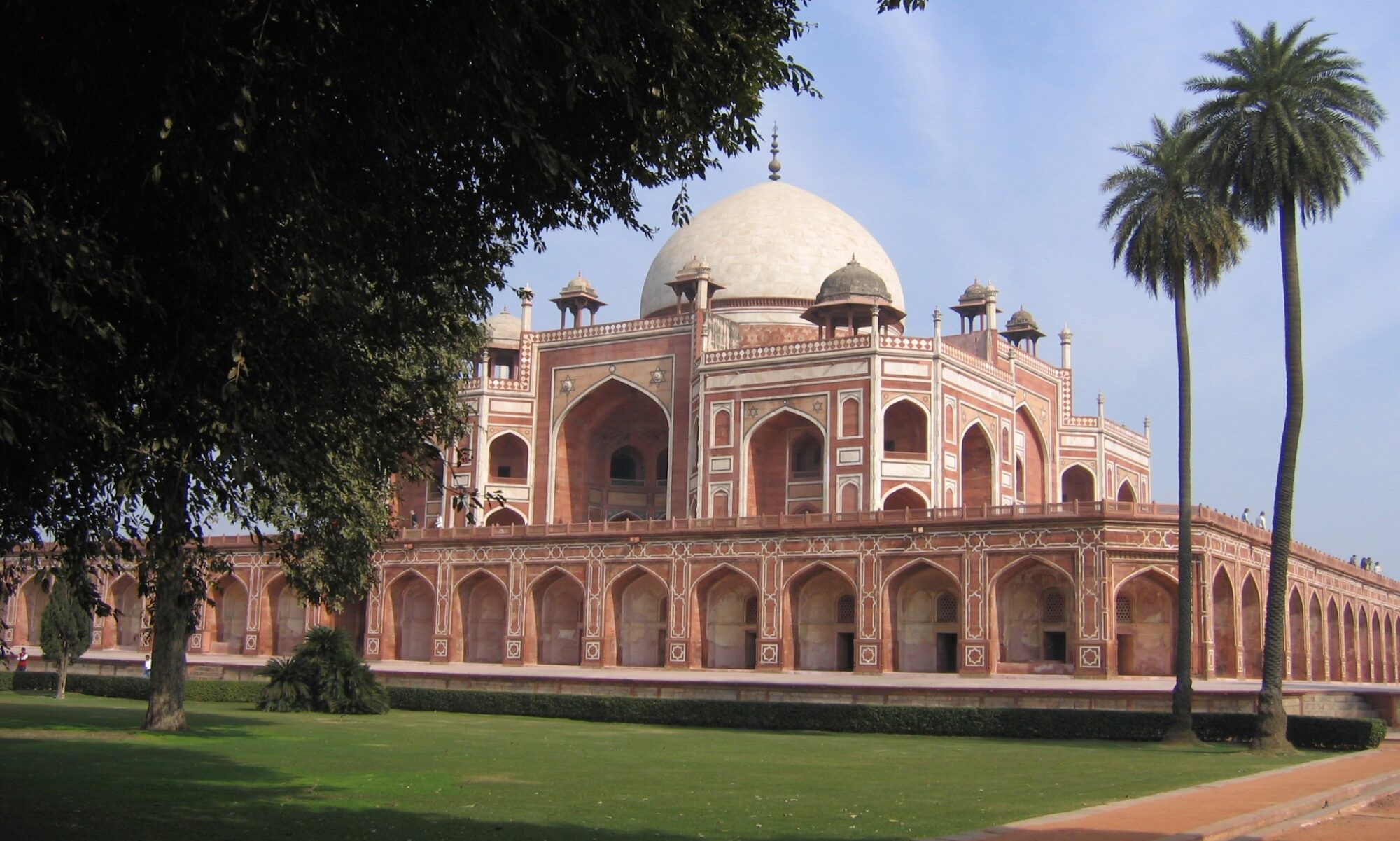
In Memoriam – K. Shankar Bajpai
September 7, 2020: The passing of K. Shankar Bajpai fells one of the giants of Indian diplomacy, a man who distinguished himself heading diplomatic missions in arguably three of the four most important posts for India – Pakistan, China, and the United States.
My connection with Bajpai dates from 1976, when he arrived in Islamabad as India’s first Ambassador to Pakistan after the 1971 war. It was a difficult posting for him. Pakistan was still reeling from the loss of its Eastern wing (which had become Bangladesh); Zulfiqar Ali Bhutto, thepowerful and dramatic prime minister, was not an easy man to work with, and had a history of provoking quarrels with India; and there was little of the gracious living that Bajpai so enjoyed. But he stayed for four years, and got India-Pakistan relations off on as good a footing as one could reasonably expect.
My most vivid memories from that time have to do with food and drink – no surprise to anyone who knew him! The first Indian Republic Day on Bajpai’s watch was, as had become the custom in Pakistan, a non-alcoholic event. Bajpai made a delicious virtue out of necessity – with freshly squeezed orange juice.
The second memorable meal came in the spring of 1977. In March, there was a messy election, which Bhutto’s party had either padded or stolen, depending on how cynically one regarded it. My late husband, who as political counselor at the US embassy had been reporting on the election, seemed on the verge of being kicked out of the country. The State Department responded with uncharacteristic finesse, and transferred him to New Delhi. The Americans were at that point being shunned by any Pakistani connected with the government, so there were no farewell parties – except a dinner hosted by the Bajpais. The food was up to the ambassador’s culinary best. As we tucked into a lavish dessert, Ambassador Bajpai stood up and offered a toast, noting that he was sorry to see Howie go “since we now occupy the same doghouse.”
We continued to see Bajpai fairly often when he came to Delhi on consultations. In time, we headed back to Washington, and Bajpai headed to China. But we were reunited in Washington, where Bajpai presided over the house he had lived in as a teenager, when his father was India’s representative in the United States. Bajpai was surely one of the most effective ambassadors India ever had in Washington. His friendships from those early years and his aristocratic manner were a heady combination. Relations between Washington and Delhi had not yet reached their current closeness, but I credit Bajpai with laying important groundwork for that transformation.
Bajpai also kept up his U.S. connections after he retired from the Foreign Service. He spent time at Berkeley. The house he rented there was right across the street from my brother, whose wife was insanely jealous of the spectacular results Meera Bajpai achieved in her garden.
Bajpai was an urbane diplomat. He spoke elegantly and entertained in a way that made his guests feel like royalty. But he was a tough defender of India’s standing as a first-class world power. He was in that sense ahead of his time. India’s tremendous economic acceleration in the 1990s gave a boost to its standing in the world, and he would have relished the job of putting that on display.
We will miss his wry wit, his spectacular taste for good food, his strategic judgment, and his elegance. But most of all, I will miss this decades-long friend.


Tezi, a lovely commentary on our mutual friend, Shankar Vajpayee. I got to know him well when assigned as special assistant to US Ambassador Bill Clarke (and my tour coincided with that of Grant Smith). Minnie and I were frequent guests at Vajpayee’s wonderful dinners, in which both conversation and food (and drink!) were a memorable experience. At that time Indian domestic and international politics were changing, and Vajpayee was an astute interpreter of what it meant. It was an exciting time to be there. Still later, he was anxious to hear of my experiences in China as a teacher at one of China’s great universities. He also commended me to a series of Indian consul generals in Shanghai. We will miss him. Walter